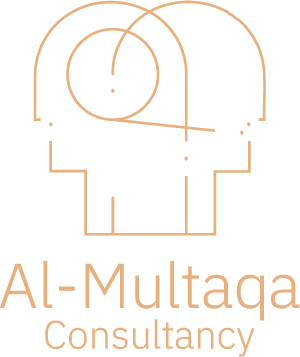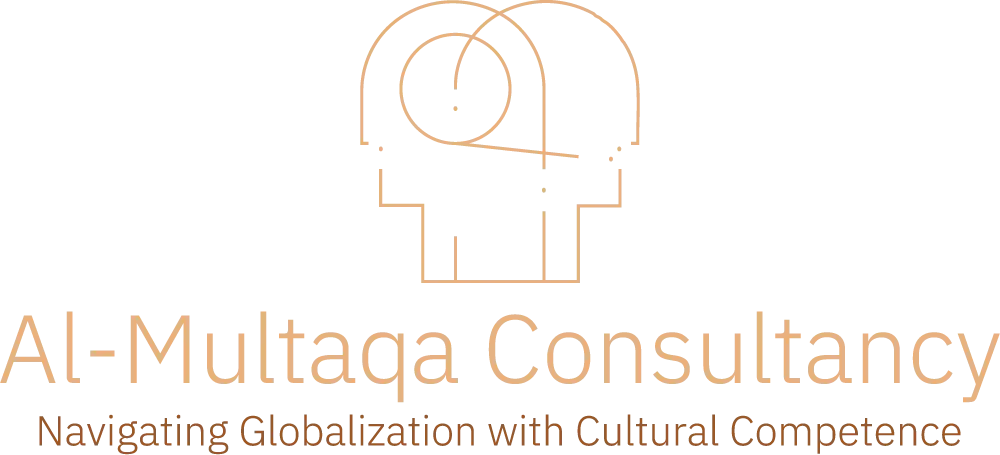As an HR manager, your role goes beyond managing personnel—you shape company culture, foster employee well-being, and bridge intercultural gaps within your team. In the diverse landscape of the MENA region, mastering intercultural communication is essential, not only for creating a harmonious workplace but for driving organizational success. In this blog, we will explore the impact of intercultural communication on key HR practices and how it can be your strategic advantage.
Why Intercultural Communication Matters for HR Managers
Intercultural communication is more than language; it is about understanding and respecting the cultural contexts that shape how people interact. For HR managers, this means fostering an environment where team members from diverse backgrounds feel valued and understood.
Key Areas Impacted by Intercultural Communication
- Recruitment & Onboarding
Attracting top talent means recognizing cultural nuances in hiring practices. Intercultural communication helps you create job descriptions that appeal to diverse candidates, conduct culturally sensitive interviews, and design onboarding processes that make employees from all backgrounds feel welcome.
- Performance Management
Effective feedback requires sensitivity to cultural differences. What is considered constructive feedback in one culture might be viewed as too direct in another. With intercultural communication skills, HR managers can provide feedback that respects individual communication styles, ensuring fair and constructive performance evaluations.
- Conflict Resolution
In multicultural workplaces, misunderstandings are bound to happen, often rooted in cultural differences. HR managers trained in intercultural communication can mediate conflicts effectively, using strategies that respect each individual’s cultural background and foster mutual understanding.
- Team Building & Collaboration
Creating cohesive, high-performing teams is about fostering trust and respect. Intercultural communication training equips team members to understand and appreciate each other’s perspectives, building stronger relationships and enhancing collaboration.
- Employee Engagement & Retention
A culturally aware HR department creates an inclusive environment that boosts employee engagement and retention. Employees who feel understood are more likely to stay committed to the organization, strengthening overall company culture.
Navigating Intercultural Challenges in the MENA Region
The MENA region’s rich cultural diversity and unique business customs offer both challenges and opportunities. From varying communication styles to distinct workplace norms, understanding these cultural differences is essential for HR managers who aim to lead with empathy and effectiveness.
Key Takeaways for HR Managers
- Invest in intercultural communication training for yourself and your team to enhance cohesion.
- Develop culturally sensitive approaches to recruitment, onboarding, and performance management.
- Foster open communication and provide a safe space for employees to discuss cultural perspectives.
- Partner with experts, like Al Multaqa Consultancy, for tailored solutions that address your unique organizational needs.
How Al Multaqa Consultancy Can Support Your Journey
At Al Multaqa Consultancy, we specialize in intercultural communication and leadership training designed to help HR managers in the MENA region navigate cultural complexities. Our Intercultural Synthesis Workshops, Leadership Development Programs, and customized consulting services provide actionable strategies that empower HR managers to build inclusive, productive teams.
Ready to Transform Your Workplace?
Contact us today to learn how our tailored programs can help you enhance your intercultural communication skills and elevate your HR practices in the MENA region.
———————————————————–
Meta Title: Intercultural Communication for HR in MENA
Meta Description: Learn how HR managers can foster intercultural understanding in the MENA region to build stronger teams.


